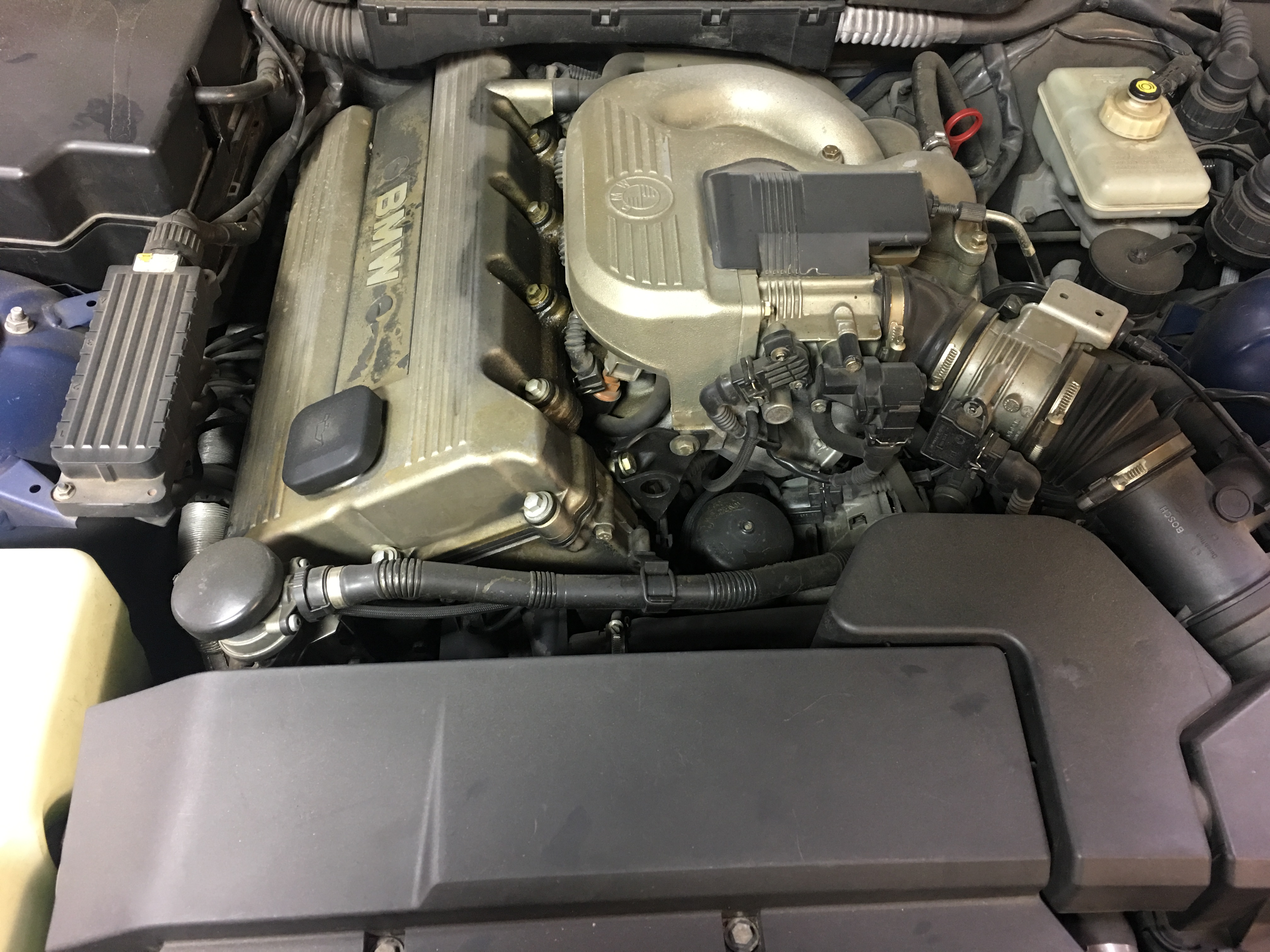The BMW 318ti: A Blend of Style, Comfort, and Performance
The BMW 318ti: A Blend of Style, Comfort, and Performance
Blog Article
Important Factors To Consider for Picking the most effective Engine for Your Demands
In the world of picking the suitable engine to meet your requirements, several critical factors demand careful consideration to ensure optimal efficiency and performance. From the nuanced balance between power and efficiency to the often-overlooked facets of upkeep and service requirements, each aspect plays a crucial duty in figuring out one of the most ideal engine for your specific needs. As the complexity of engine innovations proceeds to advance, discerning one of the most fitting alternative necessitates a deep understanding of the interplay in between different considerations. By checking out the elaborate internet of elements that underpin this decision-making procedure, a clearer path emerges in the direction of choosing an engine that not just meets but surpasses your expectations.
Power and Performance
When assessing engines for ideal efficiency, it is vital to prioritize both power output and effectiveness. Power result gauges the capacity of an engine to generate power, which straight influences its efficiency. A high power result is vital for requiring tasks such as high-speed requirements or heavy-duty applications. It ensures that the engine can deal with the work efficiently and efficiently. Power alone is not adequate; performance plays a considerable role in identifying the total performance of an engine. Performance describes how well the engine converts gas into functional energy. An extra effective engine will provide better gas mileage, lower discharges, and minimized operating expense. Striking the ideal balance between power result and performance is vital to selecting an engine that satisfies your specific needs. It is necessary to think about factors such as the planned usage of the engine, ecological impact, and long-term price implications when making this decision. By thoroughly reviewing both power and performance, you can choose an engine that delivers ideal efficiency and fulfills your demands efficiently.
Fuel Performance and Economy
In the realm of engine choice, the factor to consider of gas efficiency and economic situation holds paramount value. Gas efficiency describes the engine's capability to convert gas right into power with very little waste, straight influencing operating expense and environmental sustainability. bmw 318ti. When choosing an engine, examining its gas economic situation is crucial to establish lasting cost savings and environmental influence. Engines with greater gas effectiveness not just minimize gas expenses but also reduce carbon discharges, adding to a greener procedure.

Compatibility and Application
Thinking about the gas effectiveness and economy of an engine, the next vital facet to address is its compatibility and application within particular functional contexts. Compatibility refers to how well the engine incorporates with the overall system or tools it powers.
Furthermore, the application of the engine is similarly important. Different engines are made for details functions, whether it be commercial machinery, aquatic vessels, cars, or power generators. Understanding the designated application allows for the selection of an engine that check my blog can deliver the required power outcome, torque, and operational characteristics. A high-revving engine created for efficiency vehicles would not be suitable for heavy-duty construction tools that requires high torque at low speeds.
Maintenance and Service Demands
Upkeep and service demands play an important duty in guaranteeing the durability and ideal efficiency of an engine. Routine maintenance is vital read this to protect against break downs, prolong the life expectancy of the engine, and maintain its effectiveness. When choosing an engine, it is very important to take into consideration the producer's suggested upkeep timetable and the schedule of service facilities or certified technicians.
Factors such as the regularity of oil adjustments, filter replacements, and total assessments can substantially affect the engine's performance. Some engines may require more frequent servicing based upon their style and usage, while others might have longer intervals between upkeep checks. It is vital to abide by these service needs to avoid pricey fixings and unforeseen downtime.

Expense and Budget Factors To Consider
When picking an engine for a specific application,Budget restraints typically play a significant role in the decision-making procedure. When thinking about the expense and budget implications of choosing an engine, it is important to examine not only the preliminary purchase cost yet additionally the lasting expenses associated with upkeep, fuel intake, and possible upgrades or repairs. It is crucial to strike this article a balance between the in advance expense of the engine and its general lifecycle prices to make certain that the picked engine stays monetarily lasting throughout its functional life expectancy.
Aspects such as fuel dependability, effectiveness, and longevity can straight impact the complete expense of ownership of an engine. While an extra costly engine might have higher upfront costs, it can possibly result in lower maintenance and fuel expenditures over time, hence using better worth in the long run.
Final Thought
Fuel performance refers to the engine's capacity to transform gas right into energy with marginal waste, straight influencing operating expenses and ecological sustainability.Elements affecting gas performance include engine layout, burning efficiency, and general performance optimization. Additionally, choosing the appropriate gas type and grade as recommended by the engine producer can even more improve performance and extend engine life-span.
Engines with good serviceability features and readily offered parts can decrease maintenance expenses and decrease the time the engine is out of procedure - bmw 318ti. It is critical to strike an equilibrium in between the in advance price of the engine and its total lifecycle costs to make certain that the selected engine stays monetarily sustainable throughout its operational lifespan
Report this page